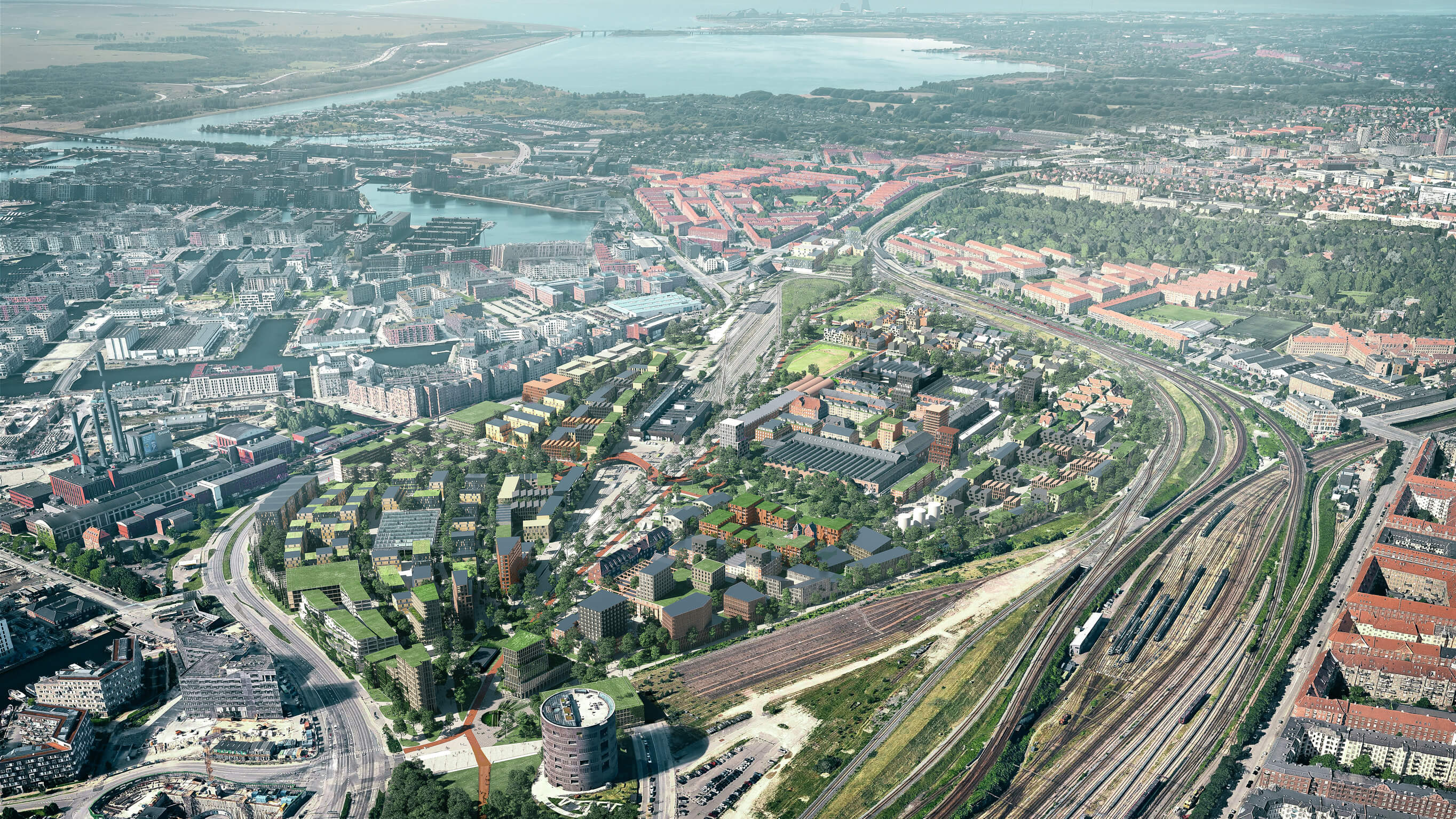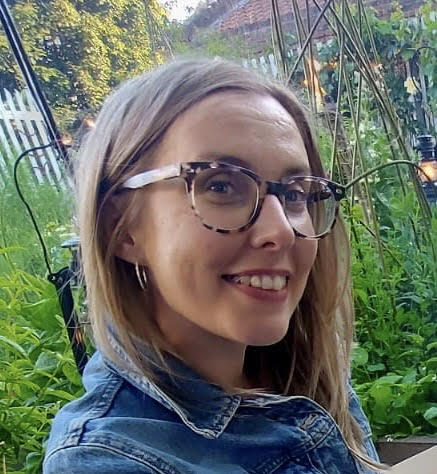Read more about:
- deadlines
- tuition fee & scholarships
- visa
- arrival and departure
- certificates
Urban populations are growing rapidly, and cities need to be at the forefront in addressing the major challenges of the 21st century.
As the world becomes increasingly urbanised, crucial questions arise: How can urban living be sustainable, livable, and healthy? The University of Copenhagen, School of Global Health offers a 5 ECTS summer course to master's and PhD students and workforce engaged in the complex of urban issues.
The course explores the built environment and examines how health and disease shape urban infrastructure and vice versa. It covers socio-political aspects of healthy living with a focus on urban disparities. Finally, socio-ecological aspects are examined, in particular adaptation to climate change, management of disaster risks and opportunities for combining green and healthy urban development.
Examples from urban settings around the world will be matched with real-life cases in locations in Copenhagen in a programme combining lectures, field visits, and consultations with stakeholders in the private and public sector. The participants will also work in multidisciplinary teams on ideas to promote health and wellbeing in a selected neighborhood under development in Copenhagen.
| Self-study module (one week workload) | 7 July - 4 August 2025 |
| On-campus module | 11 - 22 August 2025 |
| Exam | 22 August 2025 |
Credit points: 5 ECTS
The course is aimed at postgraduate students as well as professionals from all fields of work with an interest in health and sustainable urban development.
You must have completed a bachelor's degree (or equivalent) and be able to read and write English at a scientific level.
After the application deadline the admissions committee will go through all the applications and select the course participants. Applicants are encouraged to put energy and care into the motivation-section of the online application, as this is the main selection criteria.
If you have not completed your bachelor degree on date of application, you must upload relevant documentation on how far you have reached in your studies at this point (credit wise etc.) as well as an account (signed by a Study Secretary or other authority) of how far you will have reached by summer, proving this is equivalent to a bachelor's degree.
The course opens with a self-study module focusing on the course participants’ own urban settings. Study materials can be accessed on-line and tasks should be completed at the participants’ own pace during July.
In August course participants join in Copenhagen. The full two-week programme combines lectures with cases from around the world, consultations with stakeholders from the private and public sector, field visits, and teamwork in selected locations. On the last day, an examination panel will assess oral presentations by the teams.
For more details, please read the course description in UCPH's course database
The application deadline was 1 April 23:59 (CEST). Regrettably, we do not accept late applications.
Upon submitting your application, you receive an e-mail receipt. Please keep this for future reference. Make sure to check your spam filter, if you do not receive the receipt.
You will receive the result of your application 3 - 4 weeks after the application deadline.
Note: If you have problems with the application form, please try a different browser, and make sure your files are not too large or the file names does not contain special characters.
You are enrolled at a Danish university and the course is part of your master's programme. Danish students must provide a pre-approval of credit transfer from their home institution upon application.
You are a student at UCPH enrolled in one of the following programmes, you do not need to apply for pre-approval of credit transfer:
You are an exchange student and attend the course as part of the autumn exchange semester (min. 3 months stay).
You are an exchange student nominated through Nordplus express or Nordlys.
All other participants (students, PhD students, working professionals, etc.) must pay tuition fee according to the information below.
| EU/EEA citizens: | 4,000 DKK |
| Non-EU/EEA citizens: | 6,250 DKK |
The fee covers participation in the course. It does not cover course materials, travel, accommodation and living expenses during the course.
Full payment of course fees must be transferred in May. Payment details will be forwarded upon acceptance.
You can only get a refund of your tuition fee, if you cancel at least two month prior to the beginning of the course including e-learning modules.
If you have questions about the course content, please write to Healthycities@sund.ku.dk
Course Director: Anne Bach Nielsen
Course Coordinator: Bjørg Elvekjær
Accommodation: Please note that the summer courses are non-residential. Participants are responsible for finding and funding accommodation during their stay in Copenhagen.
You can use different online portals to search for accommodation, such as:
Copenhagen has an international airport, and the city centre can be reached within 30 minutes. If you want additional information read Arriving in Copenhagen.
Please study our websites for more information about Faculty of Health and Medical Sciences and the University of Copenhagen.


"The summer course is relevant to anyone regardless of their field. Health is something that all humans can relate to. The course was a great supplement to my professional knowledge as an architect. It added another layer of awareness, and allowed me to really explore the link between health and the environment.”
- Sibusiso Lwandle, Pretoria, South Africa, course participant in 2019

"I was surprised to learn that Copenhagen wasn’t always the city that it is today, that it was dominated by cars and industry, and there had been a time when people didn’t want to live there. It made me feel hopeful that developing healthier cities can be possible anywhere…"
- Zoe Clarke, University of Sheffield, United Kingdom, course participant in 2023

“Translating theory into practice together with international students from different professional fields has given me new and inspiring prospects of how to promote access to active play, nature and the outdoors through urban initiatives - and this is essential for health and well-being both locally and globally.”
- Mette Kurtzhals, Copenhagen, Denmark, course participant in 2019